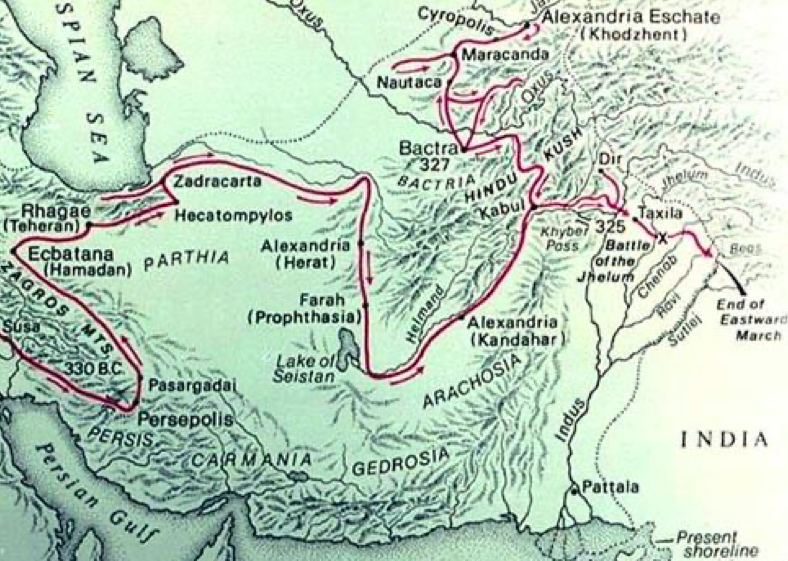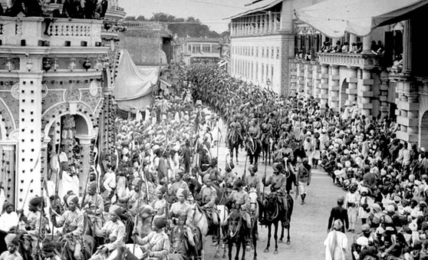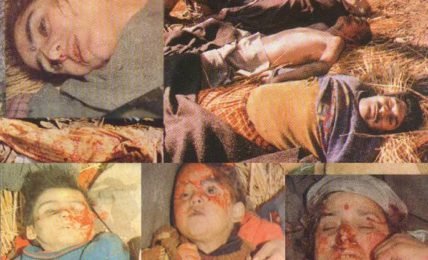Alexander in Afghanistan – The Unknown Disaster
Alexander was neither the first nor the last who suffered in Afghanistan - but he is easily the one who suffered the most. In spite of criss-crossing Afghanistan many a time, all he was able to achieve is a series of failures. His marriage to the daughter of Oxyartes, a Sogdian noble was the only thing which changed his fortunes and allowed him to scamper back to Persia where he died of battle wounds.






